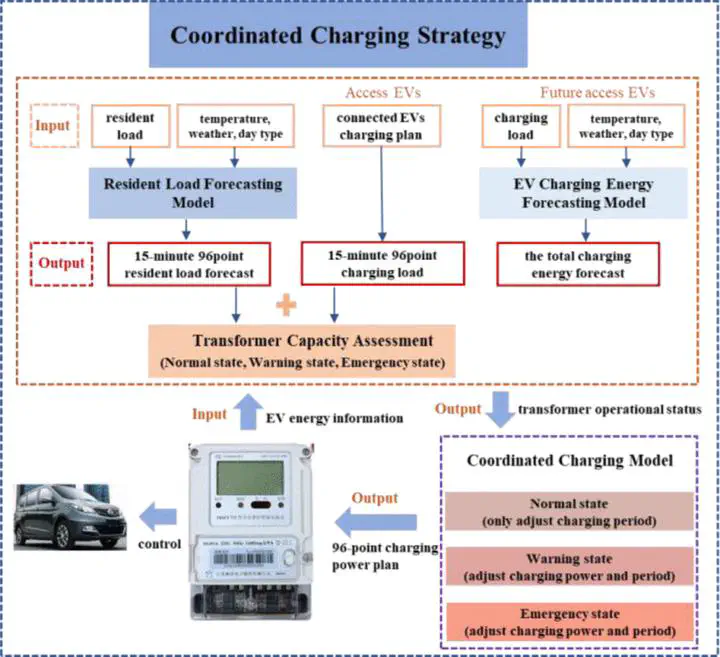摘要
In the context of the energy crisis and global warming, electric vehicles (EVs) development has emerged as a significant initiative for energy conservation and emission reduction worldwide. However, uncoordinated charging of large numbers of EVs in residential areas will lead to transformer overloading. Consequently, practical difficulties in EV charging have been witnessed in recent years. To address this issue, a coordinated charging strategy for EVs based on smart meters is proposed. Firstly, a smart meter enabled bidirectional interactive communication scheme is designed to facilitate EV charging information gathering. Then, a centralized control strategy is developed to determine the optimal charging schedule of each EV, considering EV charging demand and transformer loading conditions in a residential area. To validate the effectiveness, Extensive simulations of the proposed coordinated charging strategy are provided.




